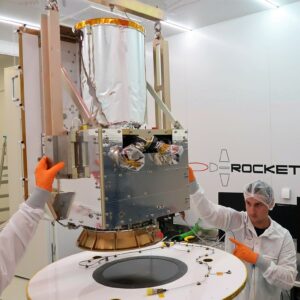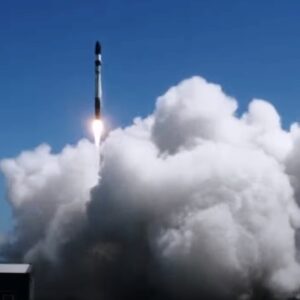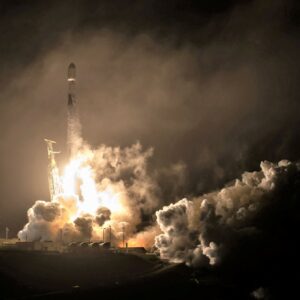
Pacific Northwest National Laboratory (PNNL) is collaborating with the U.S. Space Force to address the gap in cybersecurity professionals working on space-related technology.
The new Cyber Halo Innovation Research Project (CHIRP) will partner with colleges and universities to provide students with two years of training and research experience working on real-world scenarios at PNNL, the Richland, Wash.-based lab of the Department of Energy.
The idea is to groom students for potential jobs with the Space Force, the space service branch of the U.S. Armed Forces that launched in 2019, or with its industry partners.
“There is an urgent need for professionals with the specialized expertise to protect our mission-critical, space-borne assets from cyber threats by adversaries,” said Colonel Jennifer Krolikowski-Stamer, chief information officer at Space Systems Command, in a statement.
Students will receive a scholarship to support their participation in the program. The first institution partner is California State University, San Bernardino (CSUSB), which landed a separate $10.5 million grant from the National Security Agency in 2020 for cybersecurity workforce development. The first CHIRP cohort will support four CSUSB cybersecurity students.





